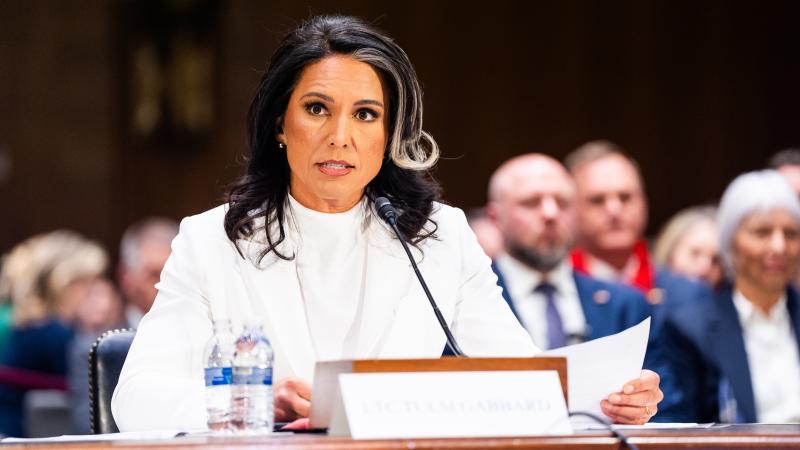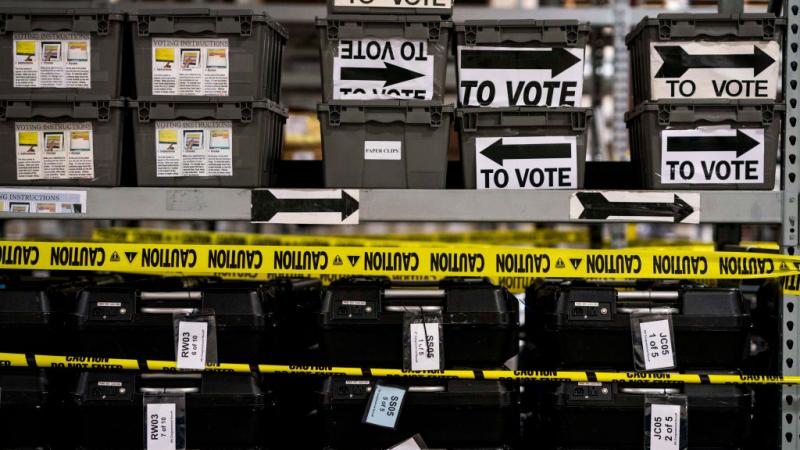Audits flag concerns about federal grants for community policing, other local aid
Essex County sheriff's department ended up with nearly 100 fewer promised officers, unused funds and little benefit to community, audit finds
When the Essex County Sheriff's Office (ECSO) in New Jersey accepted multiple federal grants to improve community policing in the greater Newark community, it promised it would grow officers on the street from 416 to 472.
In fact, its officer totals dropped, according to a U.S. Justice Department inspector general report this month that blamed the sheriff's department for failing to meet the spirit or letter of the federal aid program designed to expand community policing. It's one of many audits in recent months to flag concerns about the way local police are spending federal assistance dollars.
"We requested documentation and found that it only supported 373 funded officer positions. We also identified instances in which ECSO charged officers to the grant that had been hired prior to the grant award date," warned the report, which questioned a total of $5.6 million in federal expenditures made by the local sheriff's department.
"We concluded that ECSO did not effectively manage the awards that we reviewed," the DOJ watchdog found. "Specifically, ECSO did not use its accounting system to appropriately manage the grants, did not maintain adequate documentation to support financial administration of the grants, and did not have adequate policies and procedures related to grant administration."
What makes the latest report so troubling is that it isn't an isolated instance. IG reports have flagged more than two dozen local police departments for failing to manage community policing funds and many other federal policing grants adequately over the last three years. The audits flagged tens of millions of dollars in spending. For instance:
- An audit in September 2018 found the police department for the Blackfeet Tribe in Montana "did not adequately manage DOJ grant awards. We found significant non-compliance and deficiencies in most of the areas we reviewed, including the failure to demonstrate achieving the grants’ stated goals and objectives for six of the seven awards."
- A March 2020 audit flagged the New Castle, Del., police department for failing to expend monies from the Justice Assistance Grant program all the way back from 2017. "At the time of our audit, New Castle had not drawn down significant funds from its 2017 and 2018 JAG awards and, as such, little progress had been made for those programs," the IG complained.
- A December 2018 audit said the Bloomington, Minn., police department "did not fully comply with the requirements of the DOJ Equitable Sharing Program. "Specifically, we found that the Bloomington PD commingled its DOJ equitable sharing funds with other equitable sharing resources and did not separately account for all expenditures paid for with DOJ equitable sharing funds. Moreover, the Bloomington PD invested DOJ equitable sharing funds into financial instruments that bore market risk." In other words, federal tax dollars were put unnecessarily at risk.
- The Atlanta police department was cited in February 2018 report for more than $1.4 million in questionable "equitable sharing funds because the expenditures were not allowable under the program."
Inspector General Michael Horowitz warned last year that DOJ's many police support programs suffered from "systemic grant administration and oversight challenges for the Department and its grantees, including in grant monitoring, controls over funds, documentation of progress towards achievement of grant goals, and compliance with award conditions."
















